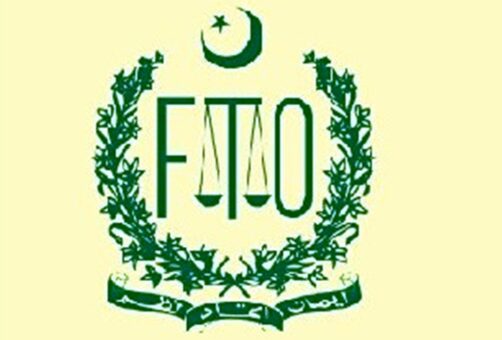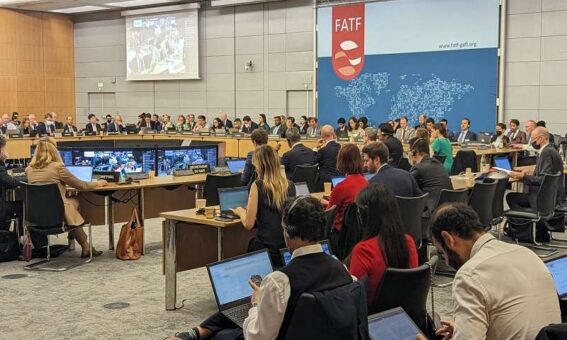KARACHI: Pakistani Rupee (PKR) slipped by sharp 95 paisas against the US dollar on Wednesday owing to unstable political situation after a long march announced by PTI Chief Imran Khan.
Exchange rate recorded 95 paisas decline in rupee value to end at PKR 220.68 from previous day’s closing of PKR 219.73 in the interbank foreign exchange market.
READ MORE: Rupee recovers to PKR 219.73 against dollar
Currency experts said that the market participants were in panic after expected political instability in the country.
PTI Chief Imran Khan a day earlier announced a country-wide protest with a long march towards the federal capital Islamabad. He announced the rally would begin from Friday October 28, 2022 for an indefinite period.
READ MORE: Dollar slips to PKR 220.41 on improved economic sentiments
PTI Chief Imran Khan was removed as prime minister through a vote of no confidence by the allied political parties in April this year. Imran Khan claimed that his government was toppled by a conspiracy.
Prior to the announcement of the long march, the rupee witnessed recovery against the greenback due to removal of Pakistan name from the grey list of the Financial Action Task Force (FATF).
Further, the sentiments were also improved due to commitment of Asian Development Bank (ADB) to finance the country. The ADB approved a financing of $1.5 billion to the country. Currency experts said that the approval of loan program by the ADB helped the rupee to make gain.
READ MORE: Rupee gains 11 paisas to dollar on ADB loan approval
The ADB in a statement on Friday said that it had approved $1.5 billion in financing to help the Government of Pakistan provide social protection, promote food security, and support employment for its people amid devastating floods and global supply chain disruptions.
Besides, the rupee was also supported by contraction in current account deficit during the first quarter of the current fiscal year.
Pakistan’s current account deficit has recorded a decline of 37 per cent to $2.21 billion during first quarter (July – September) of fiscal year 2022/2023, according to official data released last week.
The current account deficit of the country was $3.53 billion in the same quarter of the last fiscal year.
READ MORE: Dollar inches up to end at PKR 220.95 in interbank market
Contraction in current account deficit can be attributed to significant fall in trade deficit. The trade deficit also contracted by 21.32 per cent to $9.22 billion during first quarter of the current fiscal year as compared with the deficit of $11.72 billion in the same quarter of the last fiscal year.
Furthermore, the local currency also received support as the level of foreign exchange reserves were remained flat.
Pakistan’s weekly foreign exchange reserves increased nominally to $13.251 billion by week ended October 14, 2022 as compared with $13.247 billion a week ago i.e. October 7, 2022.









